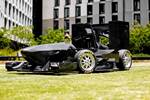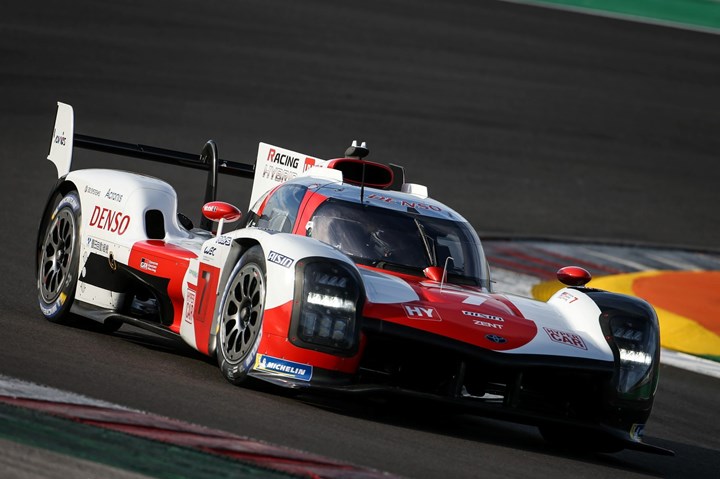Permali develops tougher, more eco-friendly composite parts for motorsport
Formula 1 and Hypercar manufacturer in Gloucester, U.K., develops “greener composites” that meet increasing technical demands while still conforming to safety, performance and quality.
Permali (Glouchester, U.K.), now a part of Diamorph Group (Manchester, U.K.), is a long-established supplier of advanced material solutions for the motorsport industry, most notably Formula 1 and World Endurance Championship (WEC) Hypercars. With Permali seeing tougher technical demands, and with continued pressure for motorsport teams to reduce their environmental impact, the company has been focusing efforts on using its comprehensive R&D facilities to develop new product innovations for motorsport teams. Most notably this includes “greener composites,” which have been developed more sustainably using fibers which are sourced from recycled materials or use natural fibers.
In addition to greener materials, the business has used R&D efforts to develop more durable composite materials which see higher wear resistance on the track. The new product is said to be actively used in Formula 1 races and was developed through the use of a new fiber system which has resulted in a stronger material. With cars reaching top speeds of more than 200 miles per hour, and 0-60 in sub three seconds, Permali says it is crucial that materials conform to strict quality and safety standards while providing optimum performance for race teams.
“Permali has been supplying precision manufactured high-performance materials to a range of motorsport racing teams for several decades,” says Adam Pickard, a Permali composites engineer who has been actively involved in motorsport product development. “The company has utilized its extensive R&D and manufacturing capabilities to develop unrivaled products which combine durability and lightweighting for extremely demanding motorsport environments. Developing new products to better meet environmental objectives is an exciting and ongoing project for the business and we will continue to focus on product innovation.”
More than 20 years ago, Permali developed its first synthetic composite design to replace densified wood. In 1998, the first Formula 1 team is said to have adopted Permali’s composite components, seeing high performance attributes such as durability and wear resistance. By 2005, all Formula 1 teams moved away from densified wood entirely in favor of Permali’s composite materials, which continue to be developed.
As Permali sees continued growth across automotive, defense, rail, aerospace and medical market sectors, the business has recently announced more than £6 million investment from its parent company, Diamorph Group, at its Gloucester site. This is followed by a substantial recruitment drive of more than 70+ roles including manufacturing operatives, lab technicians, quality inspectors, warehouse and logistics supervisors and more.
Related Content
-
The potential for thermoplastic composite nacelles
Collins Aerospace draws on global team, decades of experience to demonstrate large, curved AFP and welded structures for the next generation of aircraft.
-
Plant tour: Albany Engineered Composites, Rochester, N.H., U.S.
Efficient, high-quality, well-controlled composites manufacturing at volume is the mantra for this 3D weaving specialist.
-
Recycling end-of-life composite parts: New methods, markets
From infrastructure solutions to consumer products, Polish recycler Anmet and Netherlands-based researchers are developing new methods for repurposing wind turbine blades and other composite parts.
















